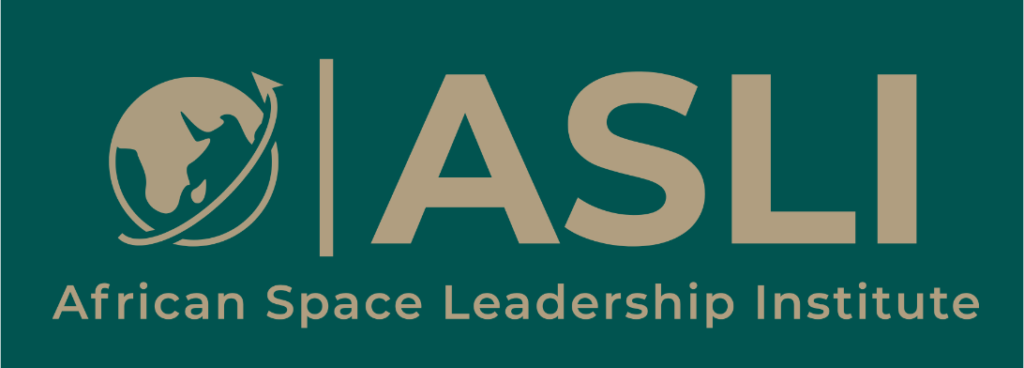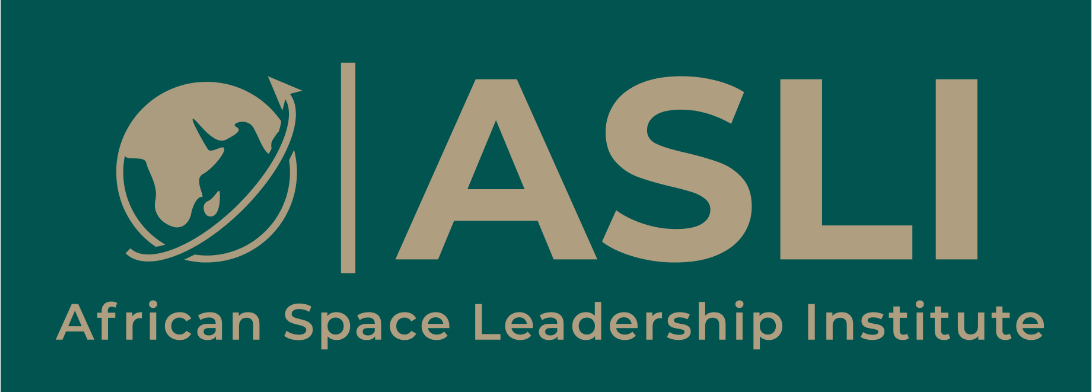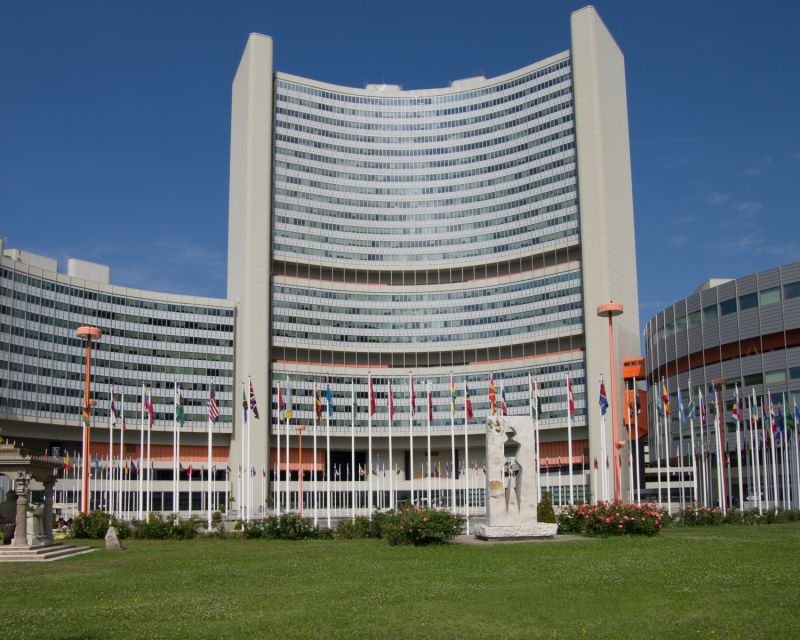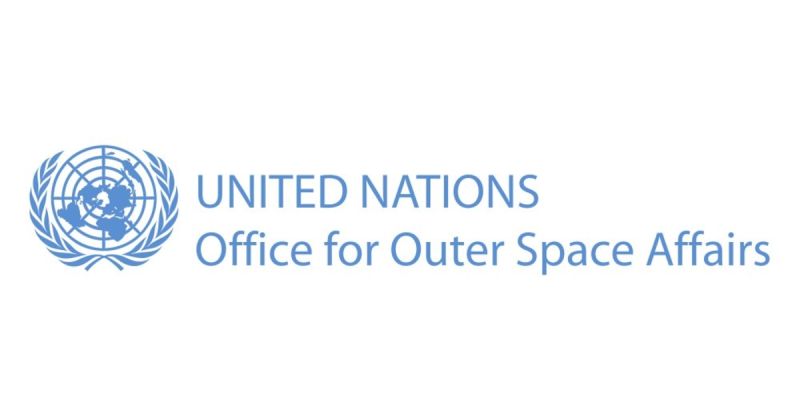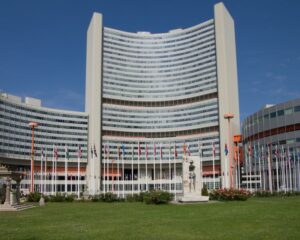 On 13 December 1958, the UN established an adhoc Committee on Peaceful Uses of Outer Space (COPUOS) to report on:
On 13 December 1958, the UN established an adhoc Committee on Peaceful Uses of Outer Space (COPUOS) to report on:
(i) the activities and resources of the UN, its specialised agencies and of other international bodies relating to the peaceful uses of outer space;
(ii) the area of international cooperation and programmes in the peaceful uses of outer space which could appropriately be undertaken under UN auspices to the benefit of States irrespective of the state of their economic or scientific development;
(iii) the future organisational arrangements to facilitate international cooperation in this field within the framework of the UN;
(iv) the nature of legal problems which may arise in the carrying out of programmes to explore outer space.
The members of the committee were Argentina, Australia, Austria, Belgium, Brazil, Bulgaria, Canada, former Czechoslovakia, France, Hungary, India, Iran, Italy, Japan, Lebanon, Mexico, Poland, Romania, Sweden, former USSR, former United Arab Republic (now called Egypt), UK and U.S.
On 12 December 1959, UNGA transformed COPUOS into a permanent committee. The members consisted of the original members of the adhoc committee except for Austria, Bulgaria, Hungary, Lebanon and Romania. Albania also joined the permanent body.
The Committee had a new mandate including:
(i) review as appropriate, the area of international cooperation, and to study practical and feasible means for giving effect to programmes in the peaceful uses of outer space which could appropriately be undertaken under UN auspices;
(ii) study the nature of legal problems which may arise from the exploration of outer space.
The first part of this mandate was scientific in nature, while the second was legal in nature.
In December 1961, UNGA added Chad, Mongolia, Morocco and Sierra Leone to the membership of the Committee. Thus, four African countries became members of COPUOS (including the then UAR). Today, of the 102 members, 21 are African countries, namely Egypt, Chad, Morocco, Sierra Leone, Kenya, Nigeria, Sudan, Benin, Cameroon, Niger, Burkina Faso, Senegal, South Africa, Algeria, Libya, Tunisia, Ghana, Ethiopia, Mauritius, Rwanda and Angola.
In March 1962, COPUOS officially established two subcommittees – the Scientific and Technical subcommittee (STSC), and the Legal subcommittee (LSC), in line with UNGA’s mandate. The two subcommittees met for the first time in June 1962 in Geneva, Switzerland.
Today, the STSC will begin its 61st session in Vienna, Austria. Items on its agenda include space sustainability, space debris, disaster management, GNSS, space weather, NEOs, space and global health, use of nuclear power sources in space, among others. The committee is currently chaired by Juan Francisco-Masulli of Paraguay.
Since its creation, the United Nations Office for Outer Space Affairs (UNOOSA) continues to serve as the secretariat of COPUOS and its two sub-committees. UNOOSA is currently led by Aarti Holla-Maini.
